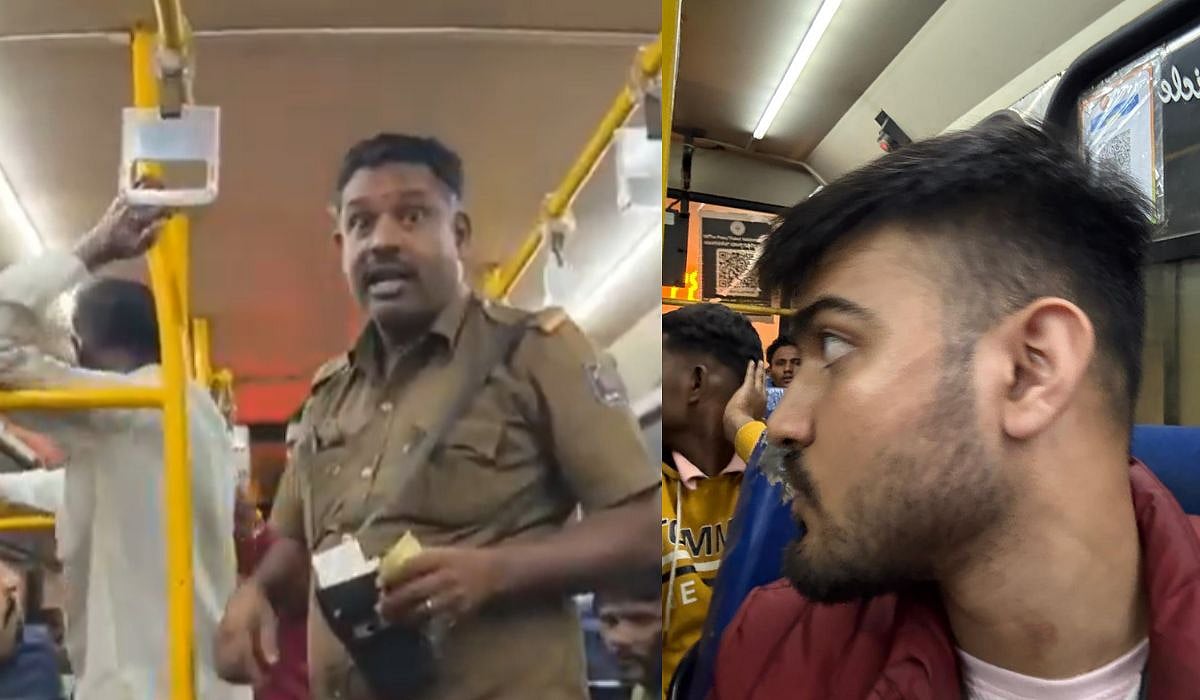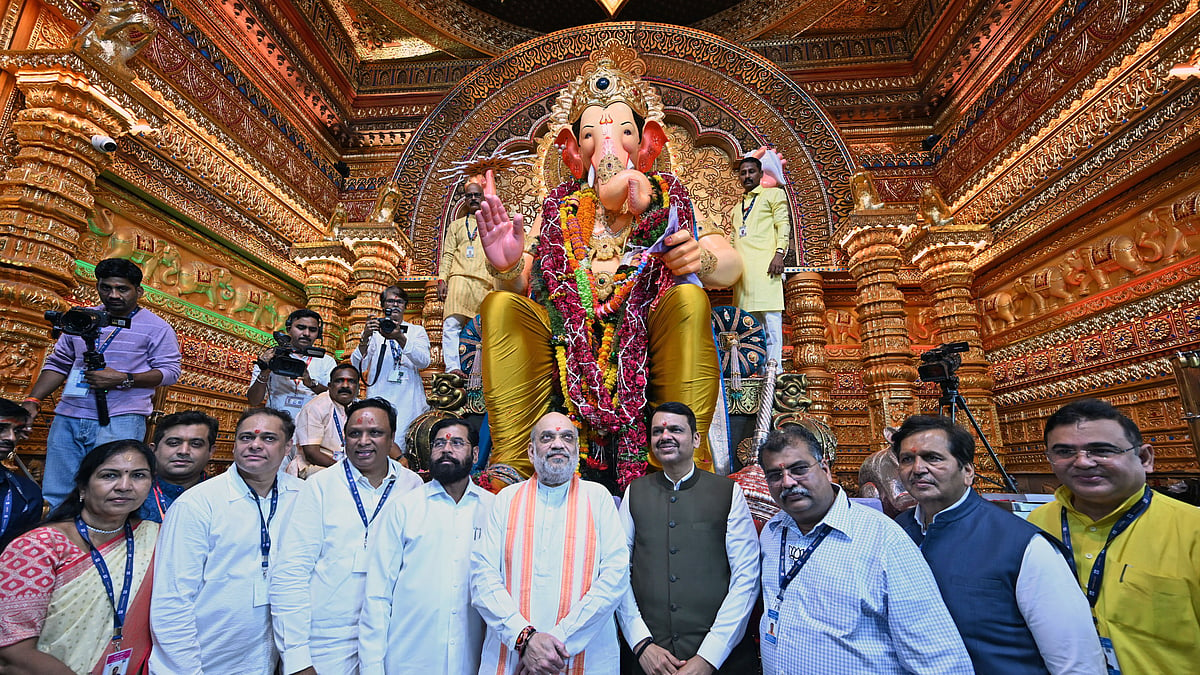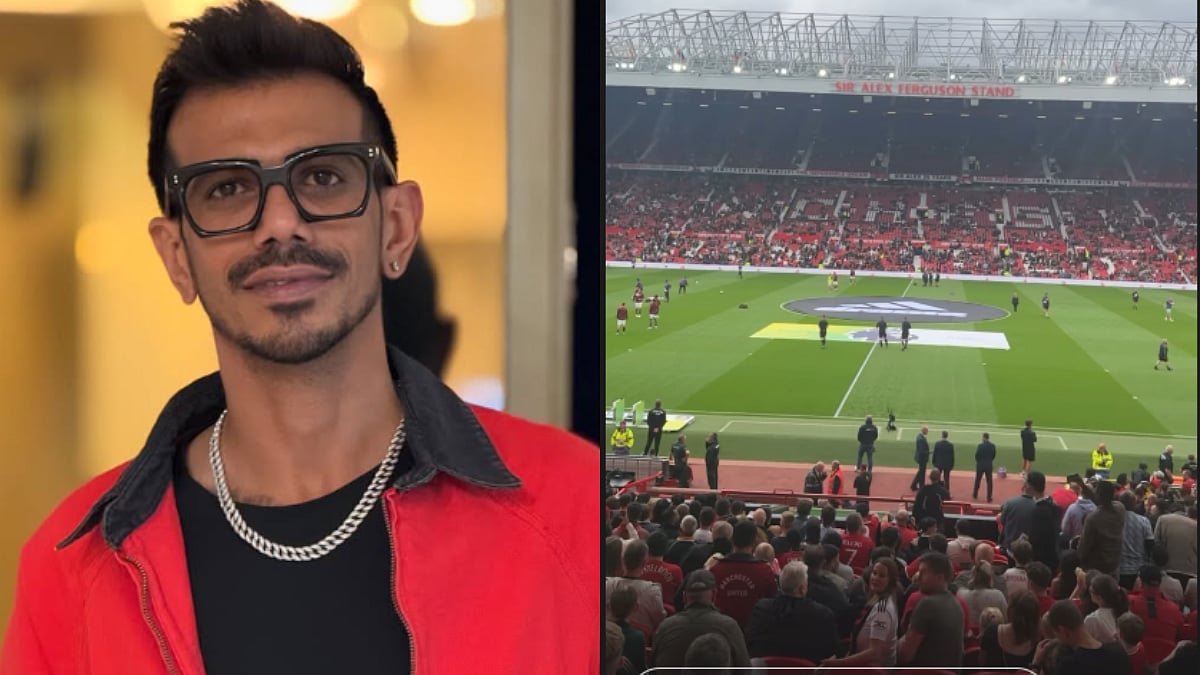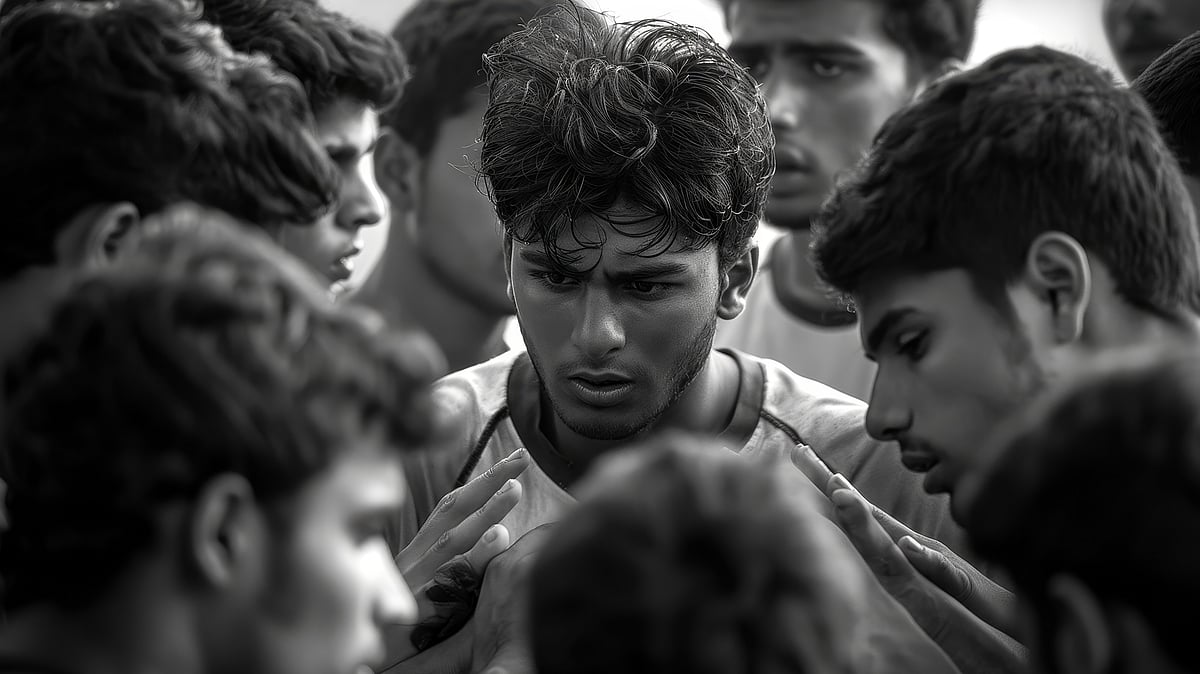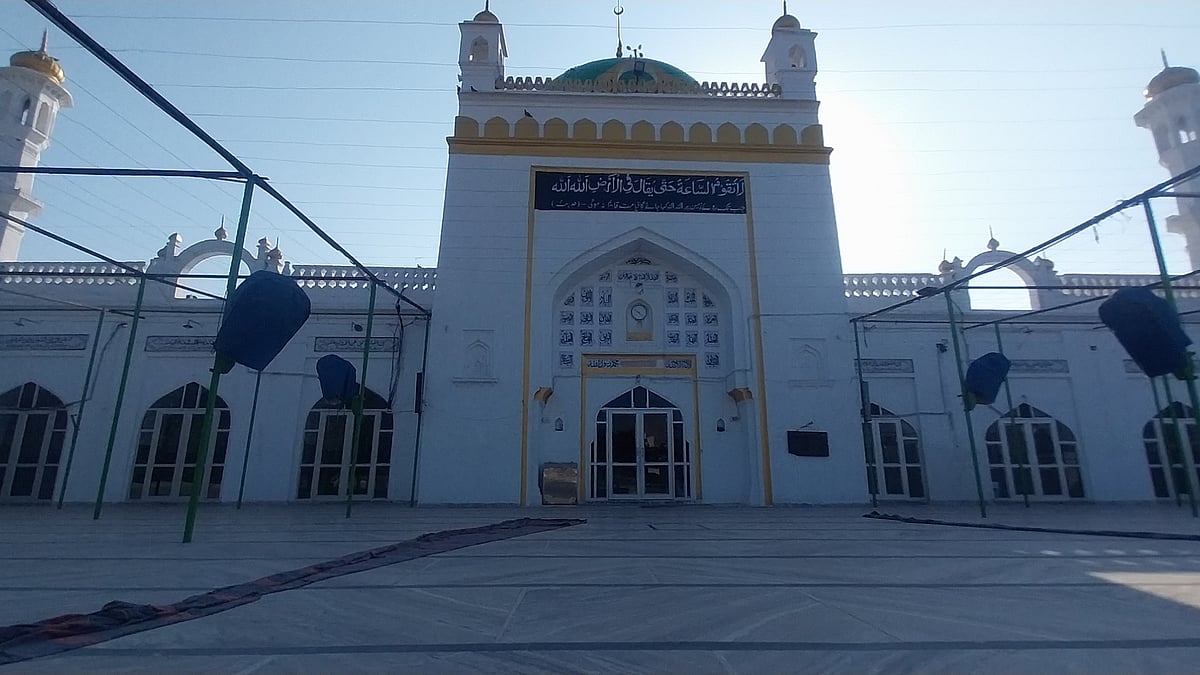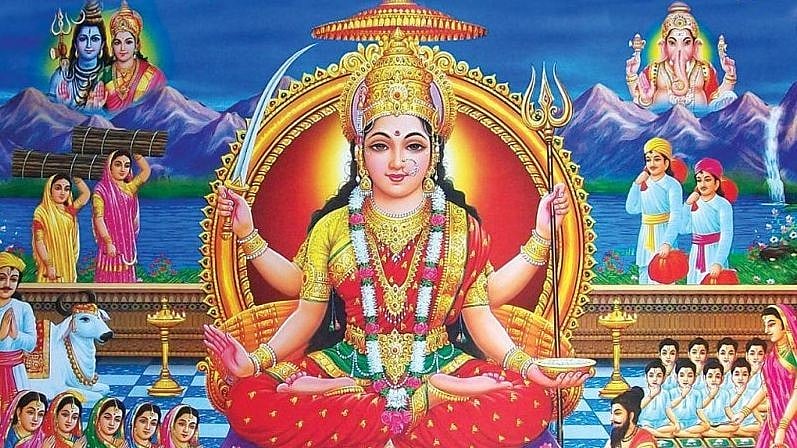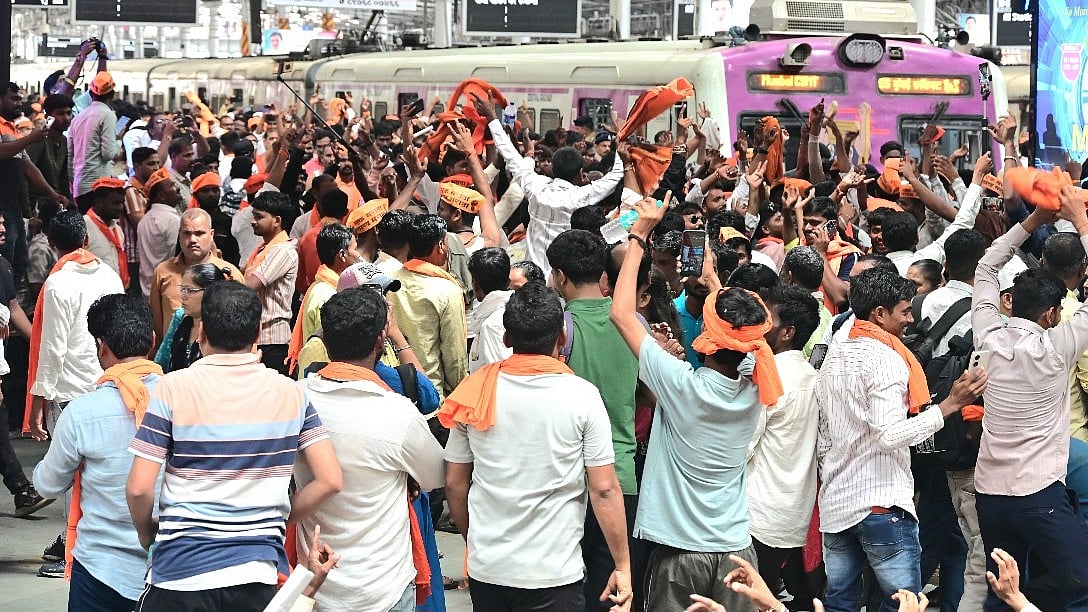Given that the support of other backward classes (OBCs) for the BJP has been growing over the years and the same has been decreasing in the case of the Congress and regional parties, what explains BJP’s disinclination to a caste census?
After more than three decades of the implementation of the Mandal Commission recommendations granting 27% quotas in educational institutions, government services and public sector jobs, the issue of caste-based reservations and demand for caste census continues to stir political discourse. Over the last few years, regional parties have consistently raised the issue of socio-economic caste-based census. A demand for removing the 50% cap on reservation too has been gathering momentum alongside the caste census.
The concept of Caste Census
The idea behind a caste census is to understand the actual number of castes and their actual population. After the formation of the INDIA alliance and with the 2024 general election around the corner, the demand for caste census has been getting louder with the Opposition parties calling it the need of the hour.
However, the BJP led central government has ducked a response to the growing demand for a caste census, though there has been disquiet within the government and allies over its silence on the issue. A few months ago, the ruling DMK invited the entire Opposition for what was billed as a meeting to take social justice forward.
A core belief of the Dravida movement has been that economic justice can only follow social justice. Regional parties also put forth the argument that social justice eventually delivers economic growth. The justification for a caste census is that it could throw some light on educational, economic, and social profile of various caste groups and help the government plan its policies and take affirmative action in a better way.
Those opposed to the caste census claim that the demand, if accepted, could open a Pandora’s box and the government of the day will have to do a tough job to match the aspirations of various caste groups for adequate representation. On the other hand, those in favour of the caste census claim that it would help gather robust data on which communities have benefitted from the reservation policies so far and will also shed light on those who have been left out. The BJP-led government has its own reasons for its unwillingness to accept the demand for caste-based census and the Opposition parties have their own motives. But given that the support of other backward classes (OBCs) for the BJP has been growing over the years and the same has been decreasing in the case of the Congress and regional parties, what explains BJP’s disinclination to a caste census?
Caste always had a strong footing in Indian society
Caste has always been an intrinsic component of Indian society, democracy, and electoral politics since Independence. Our Constitution seeks to erase the terrible impact of the caste system on India’s social and political spheres and build a modern nationalist identity for all citizens. But 73 years after the Constitution came into effect, India has failed to democratise the power and privileges associated with the upper caste identity. The conventional social elites continue to hold political power and control the major assets in the economic, social, and cultural spheres, while the socially and economically marginalised communities remain distanced from the corridors of power and economic assets and largely survive as recipients of the state’s welfare policies.
Last OBC census conducted during British time
The last OBC census was conducted in British India in 1931, when their share of population was found to be 52%. Though a socio-economic and caste census was conducted in 2011 under the UPA government, the data was not made public amid claims of the same being riddled with inaccuracies. Since then, there has been no attempt to count the OBCs, though data on other marginalised social groups like the Dalits and the Adivasis and their socio-economic status is available. Hence, reservation in government jobs and educational institutions is given to the OBCs based on estimates and not actual data. What is odd about the OBC reservation is that it stands at 27%, while the actual population of the OBCs is said to be over 60%. Caste census will obviously show a decline in the population figures of the upper castes and a commensurate increase in the numbers of OBCs.
The BJP has been non-committal on the caste census because it could upset its Hindutva project of consolidating support of different castes and marginalised sections within the Hindutva framework. It is also awkward for the upper castes, the elite and influential sections of the Indian society which are dominated by the upper castes and have poor representation from the socially, educationally, and economically backwards sections of the society. This is why opinions are divided over the renewed Opposition thrust on fighting the 2024 Lok Sabha election on a social justice plank. The Congress has also taken a clear position on the caste agenda. Since the formation of INDIA alliance, the Congress’ pitch for the caste census is getting louder. The Congress positioning is significant because it is not a caste-based regional party.
The Mandal Commission
The implementation of the Mandal Commission recommendations not only gave birth to caste-based regional parties like the RJD, SP and Janata Dal(U) and BSP, they also put brakes on BJP’s attempts at consolidating support on religious lines, as OBCs gravitated towards regional parties that emerged on caste lines. Emergence of regional parties on caste lines also significantly affected the Congress in the heartland states of Uttar Pradesh and Bihar. While the BJP continues to gain support of the OBCs by deftly weaving caste appeal within the Hindutva framework, an enumeration of the OBCs will provide hard data on their numerical strength in different states. This could trigger a fresh round of mobilisation on caste lines if the census shows higher number of different castes. This will impact BJP’s growing clout among the OBCs.
Hindutva
The BJP’s inclusive Hindutva was a ‘game changer’ in the country’s politics and democracy over the last decade. Since 2014, its mobilising strategy, using the cultural markers of the lower caste groups, has worked effectively — BJP’s vote share in both the assembly and general elections has increased due to the growing support of the lower Dalit-OBC groups. But with a caste census, a new political consciousness may emerge amongst the socially marginalised groups, which could lead to a new movement for social justice. Building a new political rhetoric on the economic and social deprivation of the OBCs has the rich potential to unite the marginalised communities against the conventional power holders. In such a discourse, the BJP is likely to be marginalised and this in turn will harm the saffron party’s Hindutva-nationalist project.
The writer is a senior independent Mumbai-based journalist. He tweets at @ali_chougule

